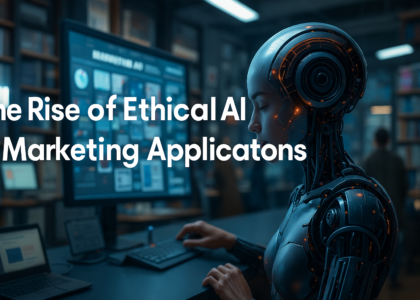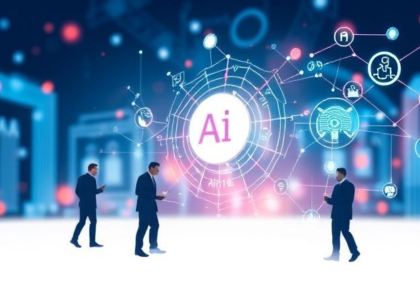Real-time marketing is the practice of responding to customer behaviors and market trends as they happen, often within seconds or minutes. Unlike traditional campaigns, which are pre-planned and static, real-time marketing dynamically adjusts based on live data. Artificial Intelligence (AI) plays a vital role in enabling this agility. AI refers to the simulation of human intelligence in machines that can analyze, learn, and make decisions. In the fast-paced digital landscape, AI provides the computational power, data analysis capabilities, and automation required to deliver personalized, timely, and contextually relevant messages that resonate with modern consumers.

The Evolution of Marketing Towards Real-Time Capabilities
Marketing has undergone significant transformation—from broad, static messages to highly personalized, dynamic interactions. In the past, brands relied on demographic data and intuition. Today, marketing is driven by live behavioral data and automated responses. Advancements in cloud computing, mobile connectivity, and data analytics have made real-time interactions possible. With consumers expecting instant gratification, AI enables marketers to meet those expectations efficiently. Data-driven strategies have become the norm, with AI acting as the catalyst for making sense of massive datasets quickly.
Core AI Technologies Powering Real-Time Marketing
Several AI technologies are at the core of real-time marketing innovation. Machine Learning enables systems to predict future actions based on past behaviors. Predictive analytics anticipates what a customer is likely to do next, allowing timely interventions. Natural Language Processing (NLP) helps machines understand and generate human language, critical for chatbots and sentiment analysis. Real-time data processing technologies, such as Apache Kafka and Spark, allow for the instant analysis of user data. Lastly, computer vision powers use cases like visual search and image recognition, enriching customer interactions in real-time.
How AI Enables Hyper-Personalization
AI allows for unprecedented levels of personalization at scale. By analyzing browsing history, purchase behavior, and engagement metrics, AI can segment audiences far more granularly than traditional methods. It identifies patterns and preferences to deliver individualized content across various touchpoints—email, social media, websites, and mobile apps. With real-time personalization engines, every interaction becomes an opportunity to tailor the message, product recommendation, or call-to-action to the specific user in that moment.
.jpg)
AI in Customer Journey Mapping
Understanding a customer’s journey is no longer linear. AI helps map complex, multi-channel customer journeys by identifying micro-moments—small, intent-driven interactions that influence decision-making. AI-powered tools can predict the next-best action, ensuring that marketing messages align with customer intent. Journey orchestration becomes automated and optimized, helping brands meet customers where they are in the funnel with the right message at the right time.
Real-Time Content Optimization with AI
AI is revolutionizing how content is created, tested, and delivered. Dynamic content generation tools powered by GPT models can produce personalized product descriptions or blog intros instantly. AI also automates A/B testing, continuously analyzing performance data and choosing the best-performing variations without human intervention. AI copywriting tools generate headlines, captions, and ad copy that resonate with specific audience segments, improving engagement and conversion rates on the fly.
Chatbots and Conversational AI in Marketing
Chatbots are one of the most visible applications of AI in real-time marketing. They provide instant support, answer FAQs, and guide users through the sales funnel—all in real time. More advanced systems use Conversational AI to engage users in more natural, human-like dialogues. These bots can qualify leads, offer product suggestions, and even upsell based on conversation context. Integration with CRM systems allows bots to personalize conversations based on customer history.
AI-Powered Social Media Monitoring and Engagement
AI monitors social media platforms for brand mentions, hashtags, competitor activity, and emerging trends. Sentiment analysis tools interpret customer emotions, allowing brands to respond proactively to both positive and negative feedback. Real-time engagement is crucial for reputation management, and AI tools ensure timely responses. Moreover, AI helps identify influential users and tailor influencer marketing campaigns dynamically, optimizing performance mid-flight.
Real-Time Ad Targeting and Programmatic Advertising
AI makes programmatic advertising smarter and faster. Using audience modeling and lookalike targeting, AI ensures ads reach the most relevant users. Real-time bidding (RTB) systems use algorithms to evaluate user data and place optimal bids in milliseconds. AI also enables adaptive ad creatives that change based on the viewer’s context, location, and device. This dramatically improves ad relevance, click-through rates, and ROI.
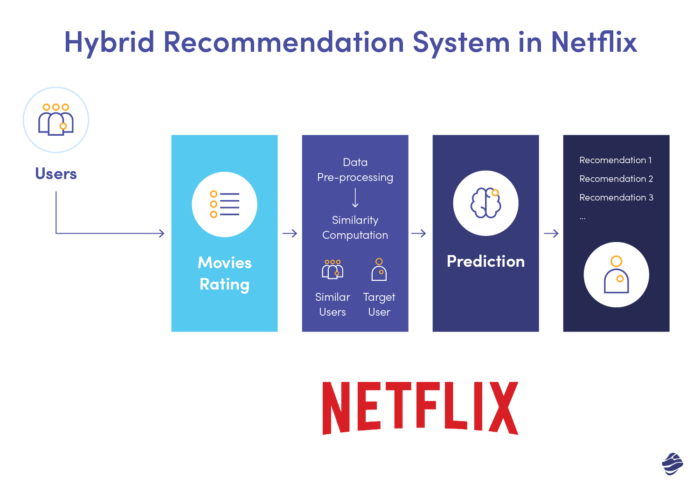
Use Cases and Success Stories
Leading brands across industries are leveraging AI for real-time marketing. For example, Netflix uses AI to recommend content based on real-time viewing habits. Amazon’s product recommendation engine updates live as users browse. In retail, Sephora’s chatbot offers instant makeup advice based on customer input and preferences. Financial institutions use AI to detect fraud in real time, sending alerts or freezing transactions. These examples show how AI delivers both operational efficiency and enhanced customer experience.
Ethical Considerations and Challenges
Despite its advantages, AI in marketing presents ethical challenges. Data privacy remains a top concern, especially with real-time data collection. Regulations like GDPR and CCPA require transparency about how user data is used. There’s also the risk of algorithmic bias, where AI systems unintentionally discriminate due to skewed training data. Marketers must ensure their AI systems are auditable, explainable, and fair. Building trust with customers through ethical AI use is crucial for long-term success.
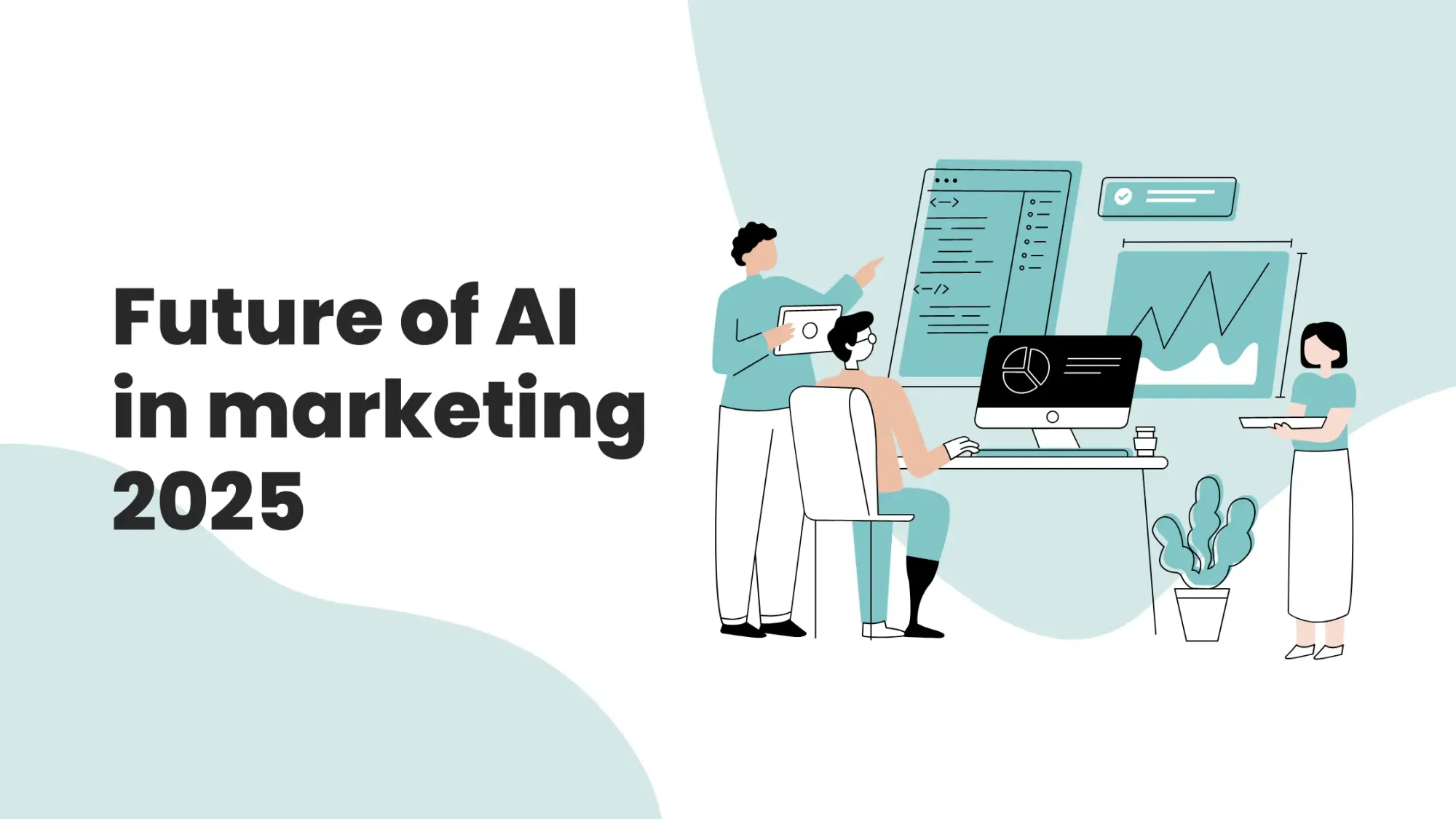
The Future of Real-Time Marketing with AI
Looking ahead, AI’s role in real-time marketing will only expand. Generative AI will enable brands to create entirely personalized campaigns at scale. Predictive personalization will evolve, offering deeply intuitive user experiences. Voice assistants, augmented reality, and wearable devices will introduce new real-time interaction channels. As tools become more accessible, even smaller businesses will adopt AI-driven strategies, leveling the playing field.
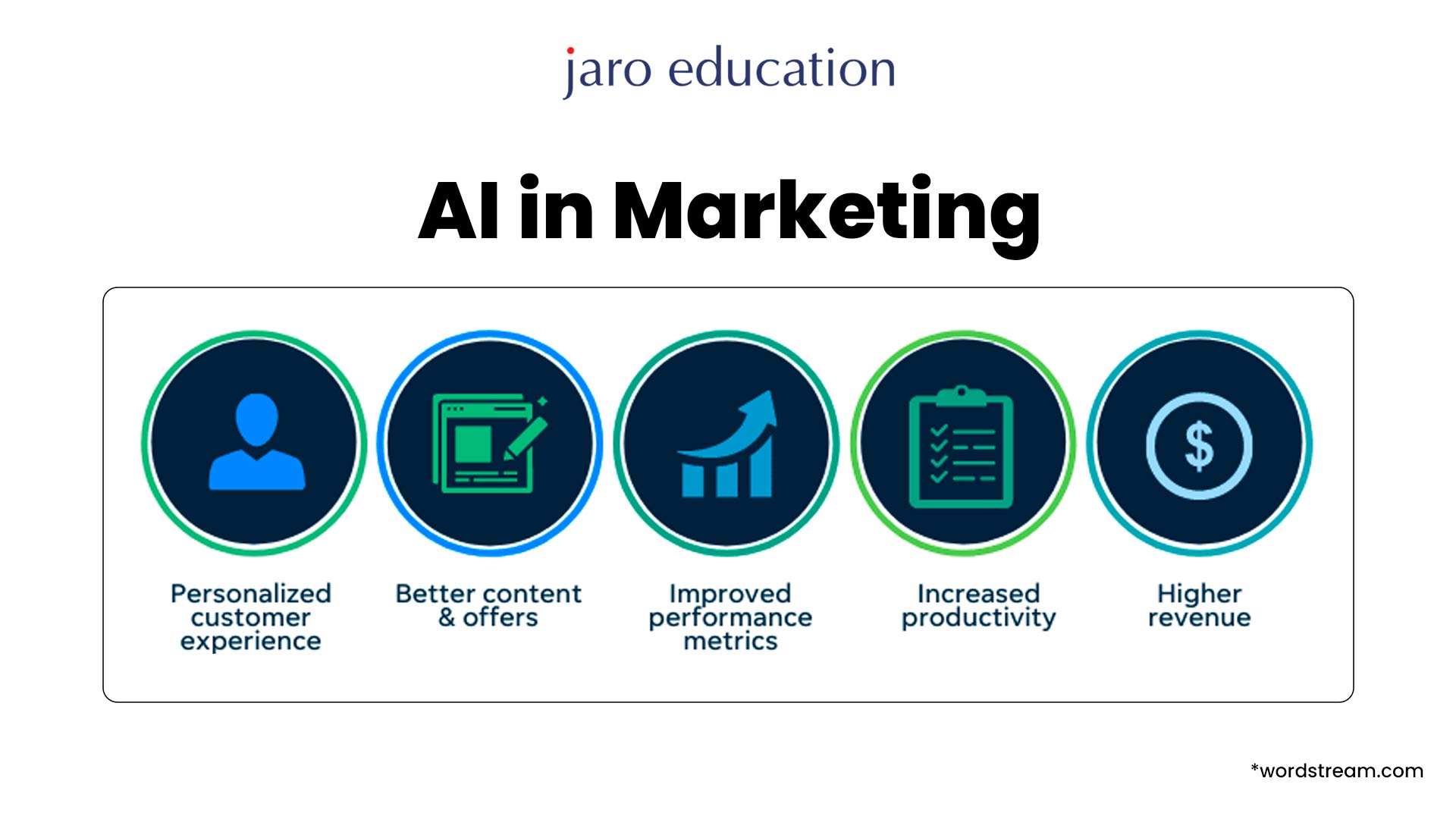
How to Get Started with AI in Your Marketing Strategy
To implement AI in your real-time marketing, start by assessing your current data and infrastructure. Identify areas where AI could deliver the most value—content personalization, customer support, or ad targeting. Choose tools that align with your business goals and integrate with your existing platforms. Invest in training your marketing team to understand and manage AI systems. Establish KPIs to measure performance and iterate continuously for improvement.
Conclusion
AI is reshaping how brands connect with their audiences in real time. It brings speed, scale, and precision to marketing efforts, enhancing customer satisfaction and business results. As competition intensifies, businesses that embrace AI will be better positioned to deliver relevant, personalized experiences and outperform their peers. Now is the time to explore, experiment, and evolve with AI.


